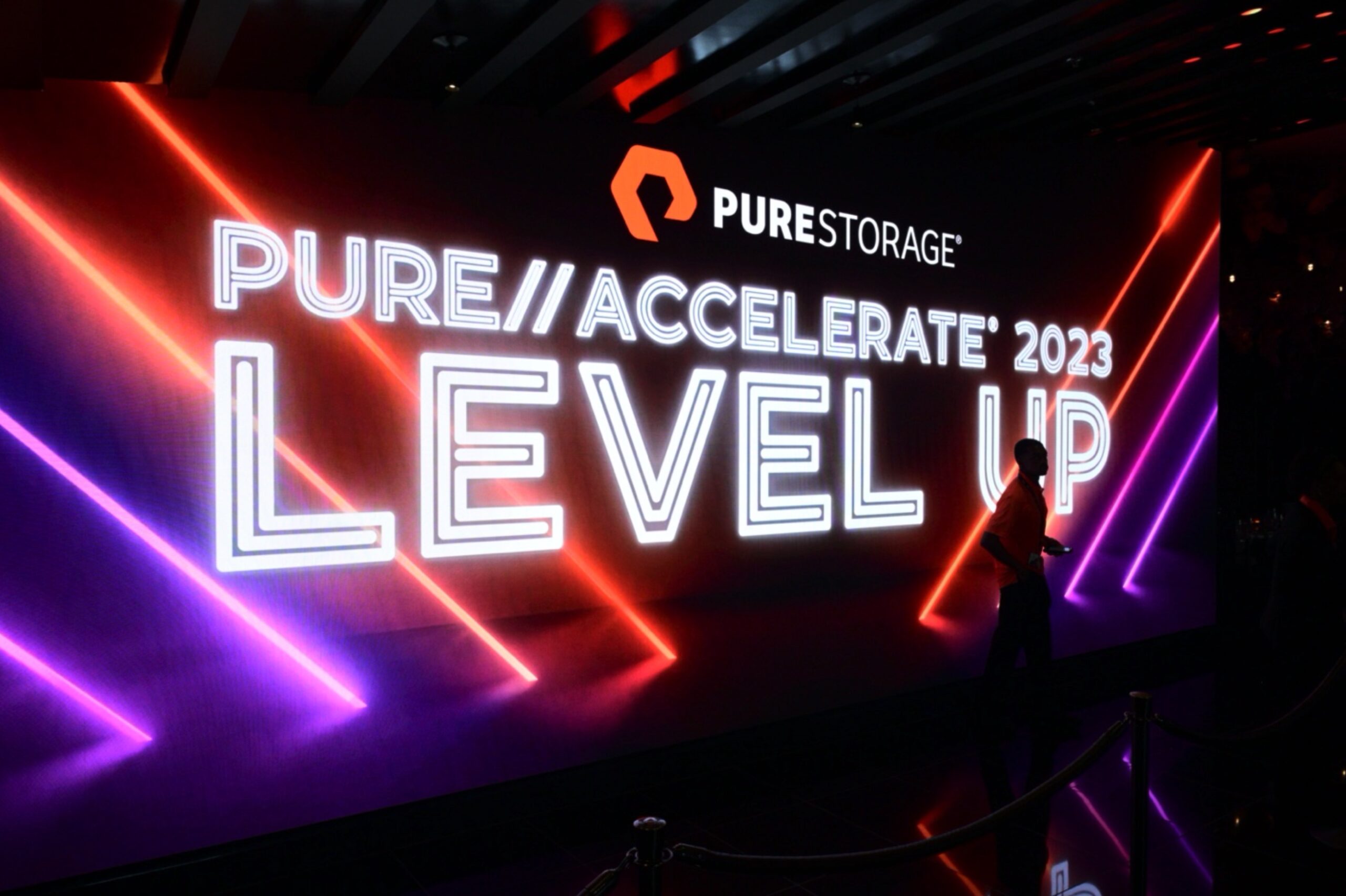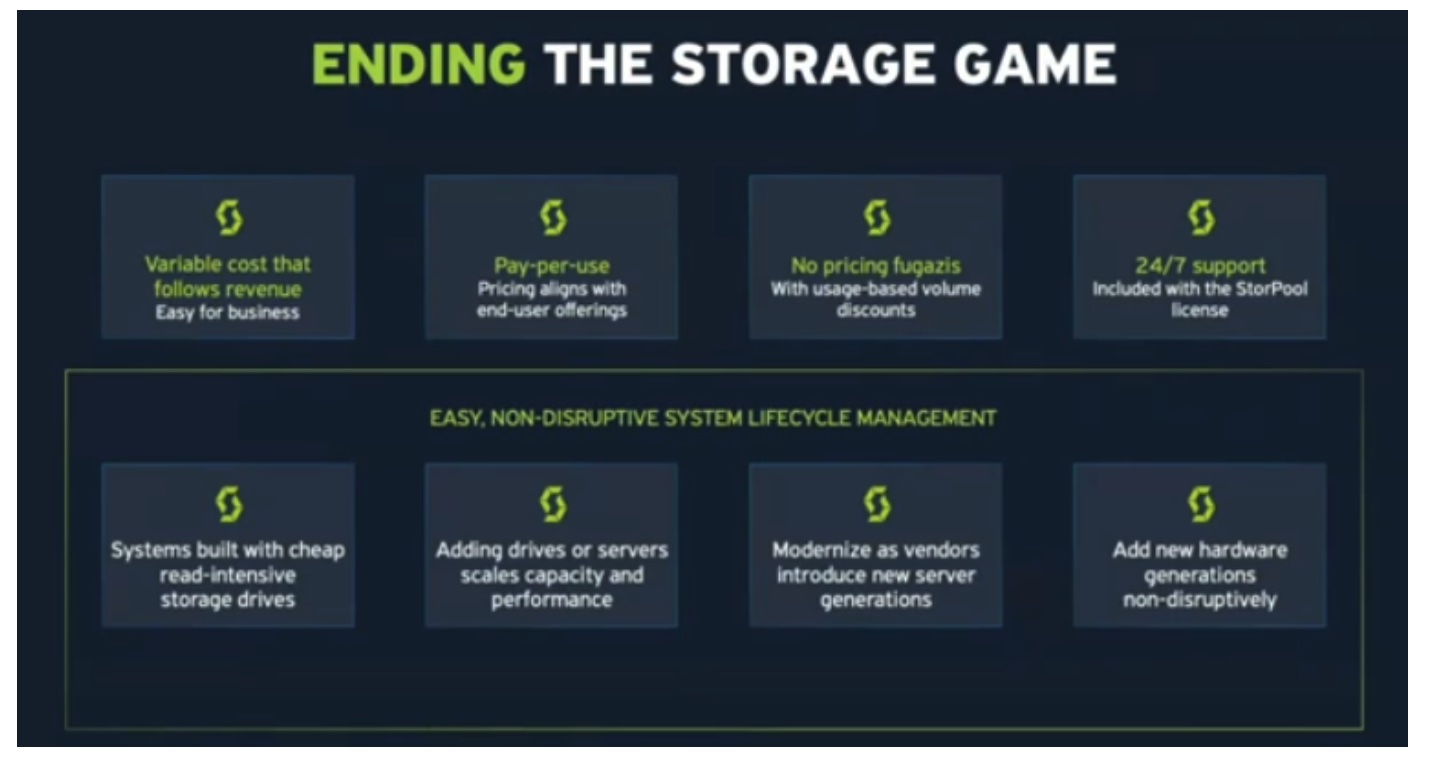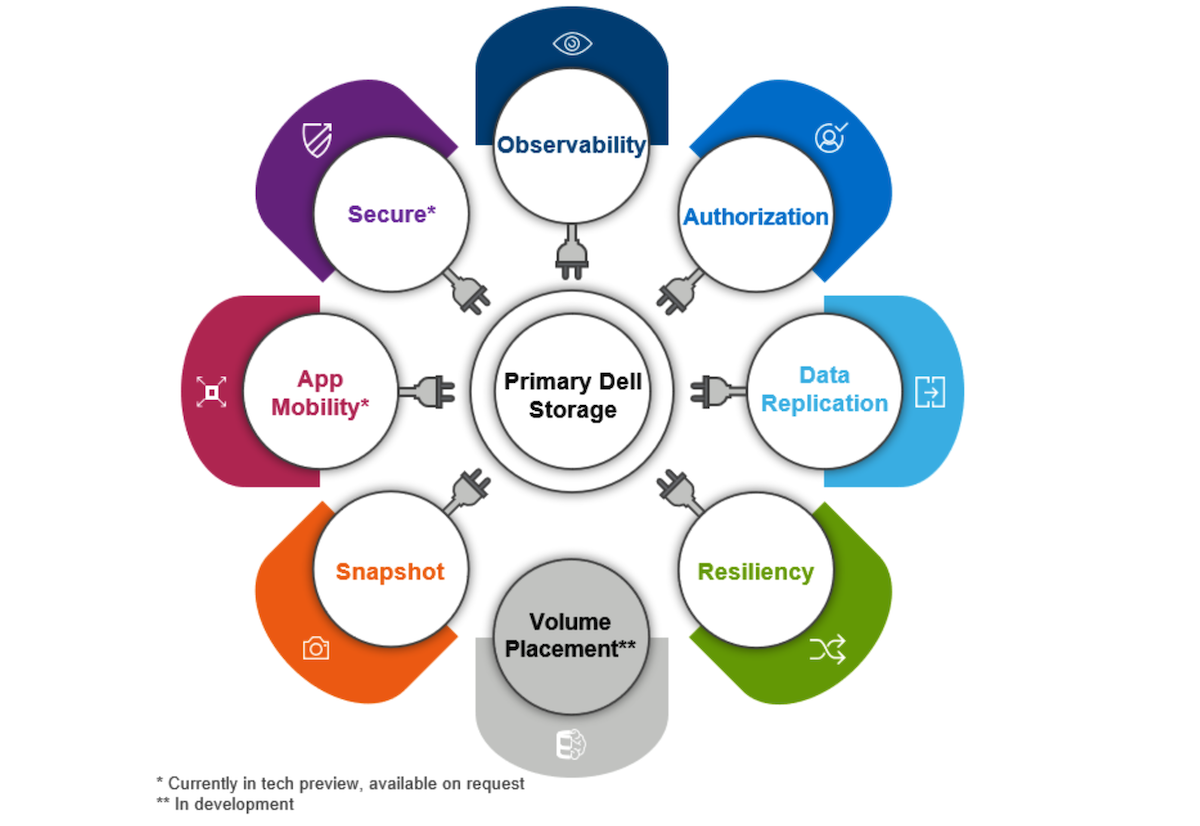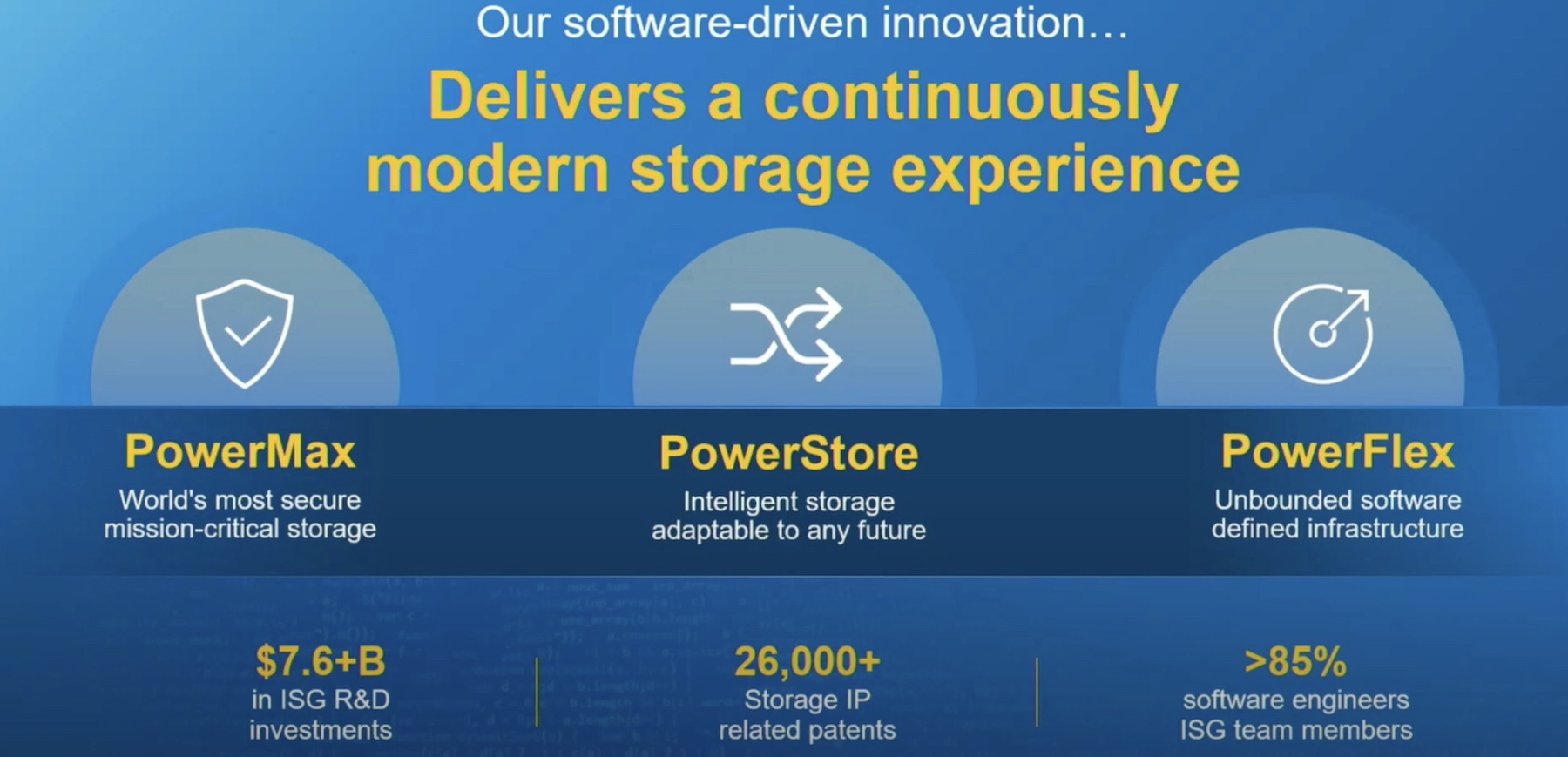With so much data at play in the modern enterprise IT organization, IT practitioners are trying every trick in the book to store it all while keeping it secure and accessible anywhere. But what if enterprises could use blockchain, the decentralized, distributed, and oftentimes public, digital ledger commonly associated with cryptocurrency, as a method for storing their critical data?
Filebase offers an answer to this question by way of their S3-compatible, blockchain-powered distributed storage network solution. We had an opportunity to sit down with the founders of Filebase to discuss their product and hear why they think blockchain is the future of enterprise file and object storage.
Blockchain: More Than Just Crypto
I bet when you read the title of this piece, you probably either scoffed or gasped, depending on your understanding/interest in cryptocurrency. In some circles, blockchain has become synonymous with crypto and the miners that obtain it, dubiously or otherwise. In reality, although it’s a cornerstone use case, blockchain is being used for far more than just crypto applications.
After all, in practice, blockchain really just describes the use of chains of storage blocks to securely transmit and store data in an immutable fashion. Blockchain networks use dozens of different systems worldwide; their decentralized nature makes them much more difficult to crack compared to data stored in a singular, centralized location. Though clearly, it presents an ideal way to pass along cryptocurrencies, blockchain can also be effectively used in other ways as well.
One such usage of blockchain is object and file storage. Through similar principles to storing cryptocurrency, blockchain can receive “shards” of data that are copied for loss and encrypted via private key, allowing them to be stored down the chain. Any changes made to the data is tracked on the blockchain ledger, but the security keys prevent other systems in the node from accessing the data, so the data is kept forever while also being kept secure.
Storing Enterprise Data through Blockchain
With the right technical chops, nearly anyone can leverage blockchain as a method for securely storing their files and objects, including enterprise IT practitioners. However, there is certainly a bit of a barrier to entry, both in the technical requirements and time constraints, as well as the method’s inability to smoothly integrate with enterprise-scale systems to applications.
Filebase offers an answer to the question of enterprise blockchain storage. Their solution provides organizations with turnkey access to three blockchain storage networks: Sia, Storj, and Skynet. Compatible with Amazon AWS S3, Filebase allows you to upload your objects and S3 bucket(s) to the blockchain network of your choosing.
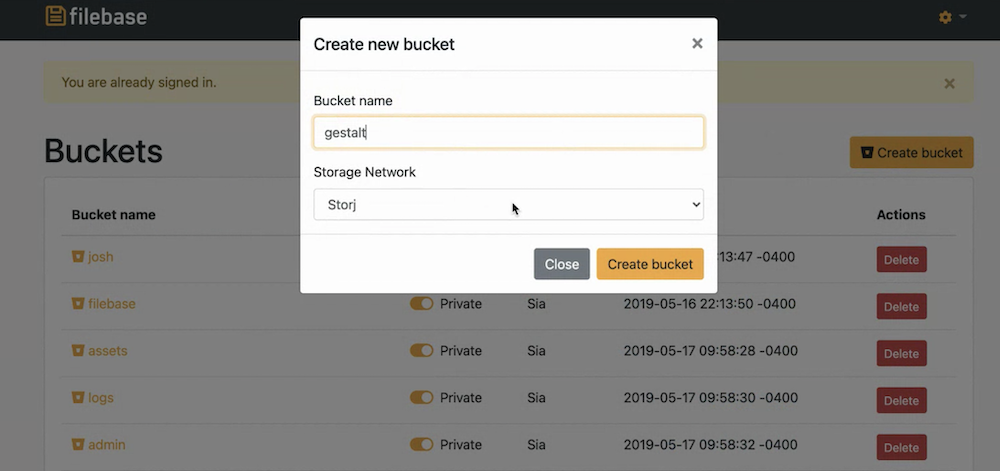
Filebase stores your data, ensuring 3x redundancy with erasure coding and individualized private keys to keep it available and secure. After data is stored, you can revisit it as well as configuration information. For SkyNet in particular, which is the only one out of the three that’s accessible by a public browser window, Filebase also stores your Skylink, allowing you to access your data whenever, even if Filebase’s solution goes down for some reason.

Why Use Blockchain Storage?
We had the opportunity to sit down with the founders of Filebase, CEO, Joshua Noble, and COO, Zac Cohen, to hear why they believe that blockchain is the future of storage. In their opinion, the blockchain technology as a whole ensures high availability, since data is simultaneously stored across each individual node in the network, so if one goes down, or even if Filebase itself goes down, customers can still access their secured data. It also can be accessed from anywhere, thanks to the distribution of network nodes, allowing users to get at data regardless of where they work.
Blockchain also paves the way for efficiency for Filebase customers. Generally, blockchain-based storage can be slow due to its decentralized nature, but since Filebase automates the process, pulling data from pre-configured S3 buckets, it moves much faster than self-served blockchain storage. And, since the prices of blockchain storage networks are unchanged by the price fluctuations of their associated coin, Filebase can ensure a consistently low price for their customers, even with large amounts of data.
Zach’s Reaction
Although the ramifications of blockchain are a gray area, both morally and environmentally, there’s no question that it is disrupting many of the ways we usually think about data, especially data storage. In the scenario of Filebase, their recently announced round of funding shows that support for the case for blockchain storage is growing by the day.
To learn more about what’s going on at Filebase, check out their website. If you’re interested in other exclusive coverage of up-and-coming tech in the enterprise IT industry, read more here at GestaltIT.com.

